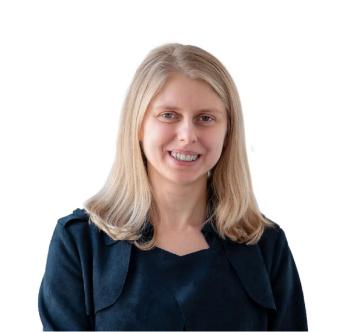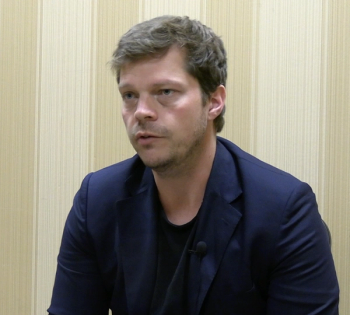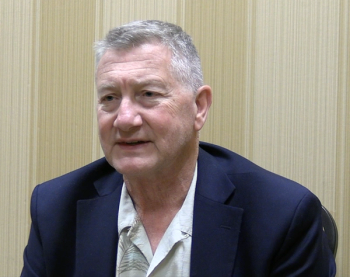
SciX 2023: A Look at the Monday Afternoon Oral Session on Machine and Deep Learning for Biomedical Diagnostics
On Monday October 9th from 3:50–5:30 pm, an oral session on machine and deep learning for biomedical diagnostics will take place. We preview this session here.
From 3:50–5:30 pm, an oral session titled “Machine and Deep Learning for Biomedical Diagnostics” will be taking place in Sierra 2. This series of five talks will discuss a variety of spectroscopic techniques being used in forensic analysis.
At 3:50 pm, Tomasz Wrobel of Jagiellonian University will kick off the session with a talk titled, “Machine Learning for Pathology Detection along with Macromolecular Orientation Using FT-IR Bioimaging.” This talk will present the most recent advancements in machine learning, including a deep dive into a recent development in macromolecular orientation determination using IR imaging.
Following this, at 4:10 pm, Oleg Ryabchykov of the Leibniz Institute of Photonic Technology, will give a talk titled, “Using machine learning for the processing and modeling of vibrational spectral data.” Ryabchykov’s talk will talk about his research developing computational methods to enhance the quality of spectral measurements, suppress various artifacts, and reduce the time needed for data acquisition.
Next, at 4:30 pm, Jean-Emmanuel Clement of Hokkaido University will give a talk titled, “Standardizing Raman Line Illumination Microscopy Data to Investigate Hydrogel-Mediated Reprogramming of Cancer Stem Cells.” This talk will discuss how using Raman microscopy with hydrogel-based cell culture systems could improve characterization of cancer stem cells.
Finally, at 4:50 pm, the session will conclude with a talk that will be led by Thomas Bocklitz of Leibniz-ipht. The talk, titled, “Volterra based Explainable Artificial intelligence (XAI) methods for spectroscopy and imaging,” will discuss XAI and how they tested it for two classification tasks.
Newsletter
Get essential updates on the latest spectroscopy technologies, regulatory standards, and best practices—subscribe today to Spectroscopy.




